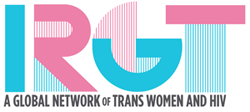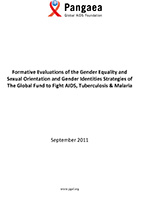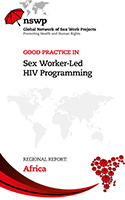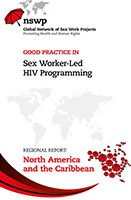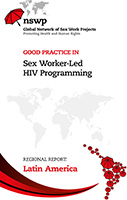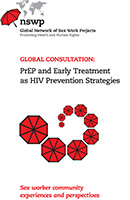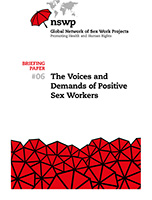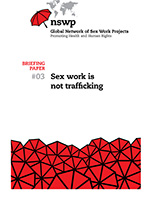
Between May and August 2011, the Pangaea Global AIDS Foundation conducted formative evaluations of the Gender Equality (GES) and Sexual Orientation and Gender Identities (SOGI) Strategies of the Global Fund to Fight AIDS, Tuberculosis and Malaria (the Global Fund). This executive summary sets out the Foundation’s key recommendations. The full report describes the evaluation process, findings, and recommendations in further detail.
Year of publication:
2011
